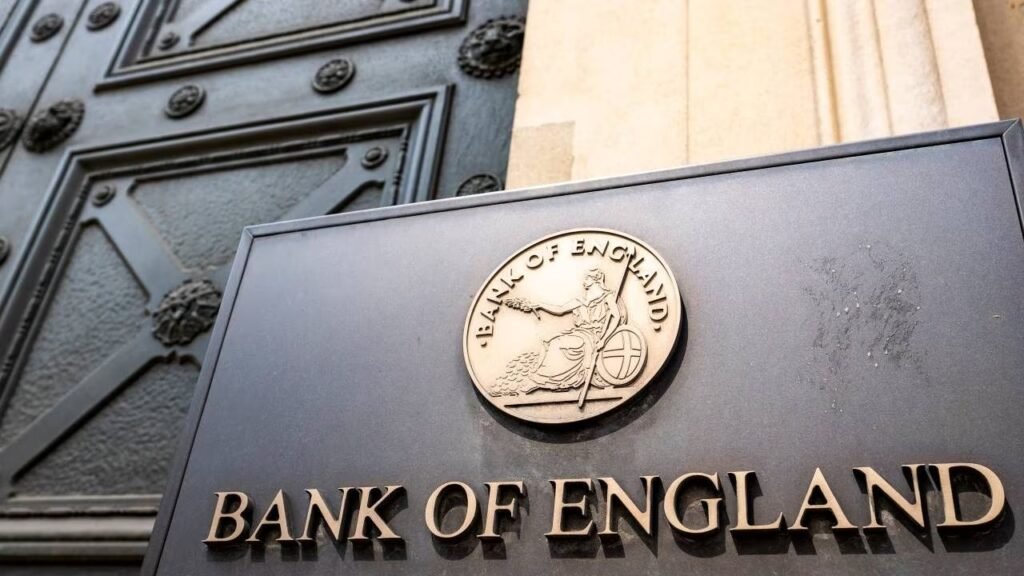A leading UK think-tank has urged the government to impose a new tax on the billions of pounds that banks earn from reserves held at the Bank of England (BoE). The recommendation, aimed at raising additional revenue for the Treasury, comes as pressure mounts on Finance Minister Rachel Reeves to identify new funding sources ahead of her autumn budget.
Billions Flowing to Banks
According to the Institute for Public Policy Research (IPPR), banks collectively receive around £22 billion each year in interest from the BoE on reserves that were largely accumulated during its bond-buying programme. The IPPR argues that what began as a necessary measure to support the economy during financial crises has now turned into an unsustainable subsidy funded by taxpayers.
Carsten Jung, associate director for economic policy at the IPPR, said the current system is no longer justified. He emphasized that while the programme was originally designed to boost economic stability, it has evolved into what he calls “a massive drain on taxpayer money.”
Pressure Ahead of the Autumn Budget
Rachel Reeves, who is preparing her next budget, faces growing demands to raise additional revenue while adhering to strict fiscal rules. Analysts suggest that a targeted tax on the interest banks earn from BoE reserves could generate significant funds without broadly raising taxes on households.
The financial sector, however, has expressed concern over these proposals. News of the potential tax weighed on bank stocks, with NatWest shares falling by 3.5%, Lloyds dropping 2.6%, and Barclays declining by 2% in early trading.
The Legacy of Quantitative Easing
The reserves in question stem from the Bank of England’s quantitative easing (QE) programme, which began during the 2008-09 global financial crisis and was expanded during the pandemic. While the policy helped stabilize the economy, it has left banks holding vast reserves at the central bank.
These reserves are now earning interest at the BoE’s higher benchmark rate, a cost ultimately borne by the Treasury and, in turn, by taxpayers. BoE Governor Andrew Bailey has defended the system, arguing that it remains essential for transmitting changes in official interest rates across the economy.
Balancing Fiscal Needs and Global Competitiveness

Industry leaders argue that adding another tax could harm the UK’s competitiveness in the global financial market. UK Finance, the industry’s trade body, pointed out that banks already paid nearly £45 billion in taxes last year, including a corporation tax surcharge and a bank levy. The group warned that additional taxation could discourage investment and growth in the financial sector.
Despite these concerns, calls for reform are not new. Former BoE deputy governor Paul Tucker suggested as early as 2022 that the government should review how interest on reserves is handled, emphasizing that the existing approach might no longer align with the country’s economic priorities.
Looking Ahead
As the autumn budget approaches, all eyes are on how the government will balance the need for fiscal responsibility with the desire to maintain a competitive banking environment. Whether Reeves chooses to adopt the IPPR’s proposal or opts for a more moderate approach, the decision will likely shape both the financial sector’s trajectory and the government’s ability to fund public services in the years ahead.

